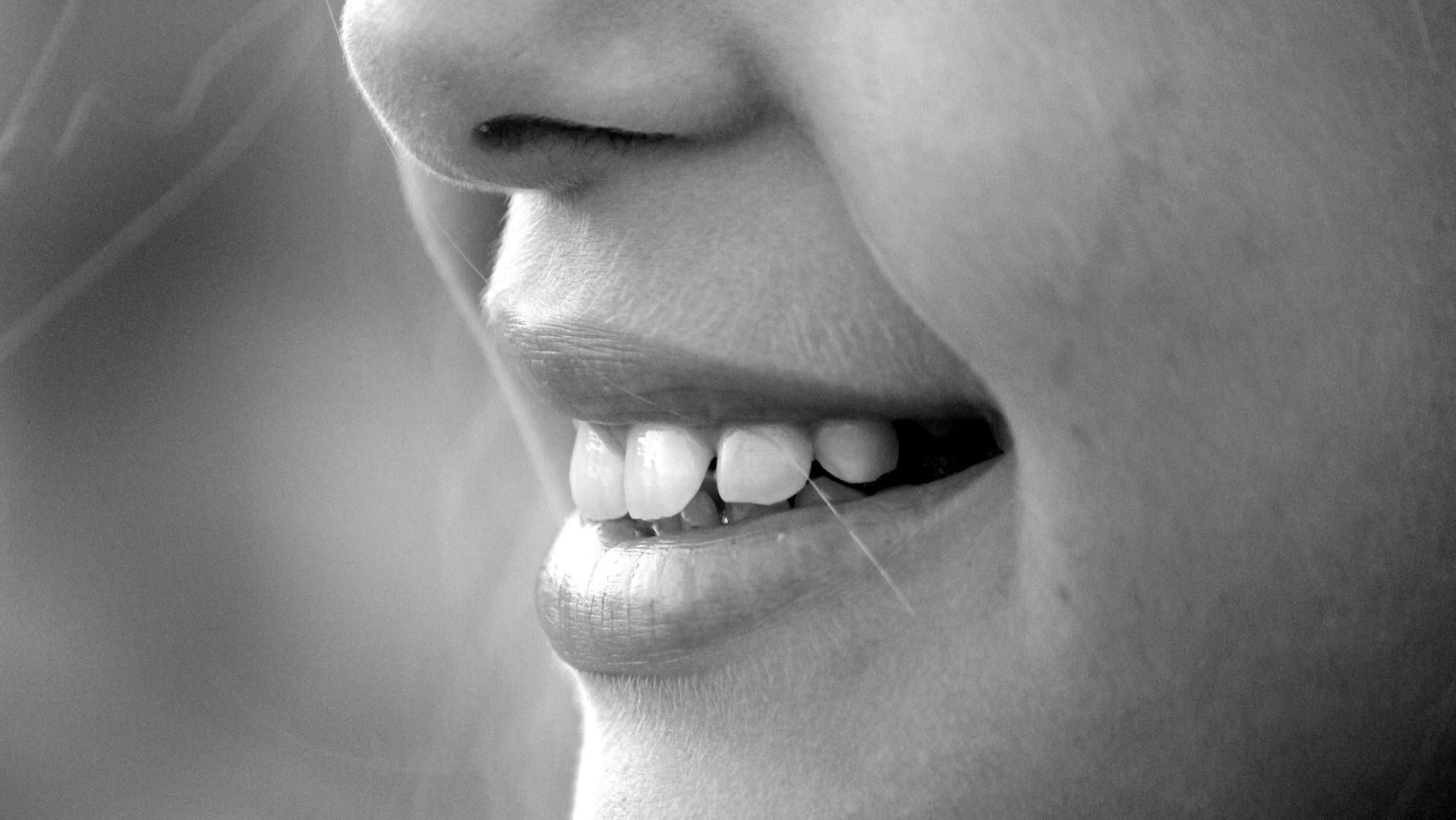Home Remedies for Gingivitis: Relieving Gum Inflammation Naturally
Gingivitis is a mild form of gum disease characterized by swelling, redness, and bleeding of the gums. Left untreated, it can progress to more severe periodontal disease, potentially causing gum recession and tooth loss. Fortunately, with proper oral hygiene and a combination of natural and over-the-counter (OTC) remedies, gingivitis can often be reversed.
This article explores effective home remedies, OTC treatments, and lifestyle changes to treat and prevent gingivitis.
What is Gingivitis?
Gingivitis occurs when plaque, a sticky bacterial film, builds up on teeth and irritates the surrounding gum tissues. If not removed through proper oral care, plaque hardens into tartar, creating an environment where bacteria thrive. These bacteria produce toxins that inflame the gums, leading to symptoms such as
- Swollen, red gums
- Bleeding when brushing or flossing
- Bad breath
- Tenderness or sensitivity in the gums
Causes of Gingivitis
While poor oral hygiene is the most common cause of gingivitis, other factors can contribute to its development:
- Smoking or tobacco use
- Hormonal changes (e.g., during pregnancy or menopause)
- Poor nutrition or vitamin deficiencies
- Diabetes or weakened immunity
- Certain medications that reduce saliva production
- Misaligned teeth or poorly fitted dental appliances
Lifestyle Changes to Prevent Gingivitis
- Quit Smoking: Smoking weakens gum tissue and reduces the body’s ability to fight infection.
- Reduce Stress: Chronic stress can impair immune function and exacerbate gum inflammation.
- Stay Hydrated: Drinking water helps wash away food particles and bacteria.
- Limit Alcohol: Alcohol can dry out the mouth, creating an environment conducive to bacterial growth.
When to Seek Professional Treatment
If symptoms of gingivitis persist despite home remedies and OTC treatments, consult your dentist. Warning signs include:
- Persistent bleeding or swelling
- Painful gums
- Receding gums or loose teeth
Professional treatments such as scaling, root planing, or antibiotics may be necessary to address advanced gum disease.
Home Remedies for Gingivitis
Gingivitis can be effectively managed and often reversed with good oral hygiene, natural remedies, and OTC products. From saltwater rinses and coconut oil pulling to antibacterial toothpaste and mouthwash, numerous ways exist to improve gum health and prevent the progression of periodontitis. Pair these remedies with a healthy lifestyle and regular dental checkups to maintain a bright smile and healthy gums for years.
Visit Your Dentist
The first step in managing gingivitis is to visit your dentist for a professional cleaning. Dentists can remove tartar buildup and guide on maintaining good oral hygiene. Regular cleanings and checkups are essential to prevent the progression of periodontitis.
Brush and Floss Properly
Proper oral hygiene is your first defense against gingivitis:
- Brush Twice Daily: Use a soft-bristled toothbrush and fluoride toothpaste. Brush at a 45-degree angle to clean along the gumline effectively.
- Floss Daily: Flossing removes food particles and plaque between teeth, where toothbrushes can’t reach.
- Use an Electric Toothbrush: Studies show that electric toothbrushes remove more plaque than manual brushing.
Salt Water Rinse
Salt water can reduce gum inflammation and soothe sore tissues:
How to Use:
- Mix 1 teaspoon of salt with 1 cup of warm water.
- Swish the solution in your mouth for 30 seconds.
- Spit it out and repeat twice daily.
Hydrogen Peroxide Rinse
Hydrogen peroxide has antibacterial properties that help kill bacteria causing gingivitis:
How to Use:
- Mix 1 part hydrogen peroxide (3%) with 3 parts water.
- Swish for 30 seconds, then spit it out.
- Do this 2–3 times a week.
Note: Do not swallow hydrogen peroxide, as it can be harmful if ingested.
Coconut Oil Pulling
Oil pulling with coconut oil can reduce bacteria and plaque buildup:
How to Use:
- Swish 1 teaspoon of coconut oil in your mouth for 10–15 minutes.
- Spit it into a trash can (to avoid clogging drains).
- Rinse with warm water and brush your teeth.
Plaque-Reducing Mouthwash
An antiseptic mouthwash can help reduce plaque and fight gingivitis:
Recommended Ingredients:
- Cetylpyridinium chloride or domiphen bromide
- Essential oils like eucalyptus, menthol, or thymol
- Fluoride to strengthen enamel
Ask your dentist for specific recommendations and follow the manufacturer’s instructions.
Proxabrush and Tongue Cleaning
- Proxabrush: Use an interdental brush to clean hard-to-reach areas between teeth.
- Tongue Cleaning: Use a tongue scraper or toothbrush to remove bacteria and toxins from the tongue.
Good Nutrition
A balanced diet supports gum health by boosting immunity and promoting tissue repair:
Key Nutrients:
- Vitamin C: Reduces bleeding gums (found in citrus fruits, strawberries, and bell peppers).
- Calcium: Strengthens teeth and bones (found in dairy products, almonds, and dark leafy greens).
- Vitamin D: Supports gum health and reduces inflammation (found in fatty fish and fortified foods).
- Vitamin K: Aids blood clotting and reduces gum bleeding (found in broccoli, spinach, and parsley).
Limit sugary foods and drinks, which can contribute to plaque formation.
Essential Oils
Certain essential oils have antibacterial and anti-inflammatory properties:
- Tea Tree Oil: Mix a drop with a carrier oil and apply it to the gums.
- Peppermint Oil: Add a few drops to water for a refreshing mouth rinse.
Antibacterial Toothpaste
Look for toothpaste formulated to fight plaque and gingivitis. Ingredients like triclosan and stannous fluoride are particularly effective.
Antiseptic Mouthwash
OTC antiseptic mouthwashes can help reduce bacteria and freshen your breath. Examples include Listerine and products containing chlorhexidine gluconate.
Water Flossers
Water flossers, such as Waterpik, effectively remove debris and bacteria from between teeth and along the gumline. They are beneficial for people with braces or sensitive gums.
Desensitizing Toothpaste
For sensitive gums, desensitizing toothpaste with potassium nitrate can help reduce discomfort.



